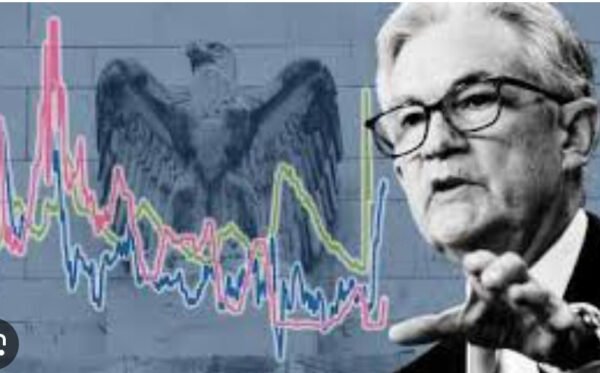#inflation #economy #personalconsumption #expenditures #priceindex #financialnews #economicindicators #incometrends
In February, the core personal consumption expenditures (PCE) price index, a vital gauge for evaluating inflation and consumer spending trends in the U.S. economy, was anticipated to increase by 0.3%. This statistic, closely monitored by economists and investors alike, offers crucial insights into the ongoing financial health of the country, providing a clear picture of inflation trends stripped of the volatile food and energy sectors, thus presenting a more stable view of price movements.
The core PCE price index’s expected rise underscores the persistent inflationary pressures within the economy, even when volatile sectors are disregarded. This increment, consistent with previous months, reflects a nuanced picture of how consumers are gradually adjusting their spending behaviors in light of rising prices across various services and goods categories. It is also indicative of the potential challenges the Federal Reserve faces in striking a balance between promoting economic growth and curbing inflation. The Fed closely watches the core PCE as its preferred inflation measure when making decisions about interest rates, which directly impact consumers’ borrowing costs for mortgages, auto loans, and other forms of credit.
Furthermore, the underlying factors contributing to the anticipated increase in the core PCE price index are multifaceted, involving both domestic and international economic dynamics. These include supply chain disruptions, labor market tightness, and geopolitical tensions, all of which have varying implications for production costs and, by extension, prices. Despite these pressures, the U.S. economy has shown resilience, with consumer spending remaining robust, propelled by a strong labor market and rising incomes. However, the focus remains on whether this trend can sustain in the face of mounting inflationary pressures, making the core PCE price index a critical indicator to watch in the months ahead.







Comments are closed.